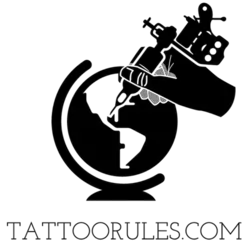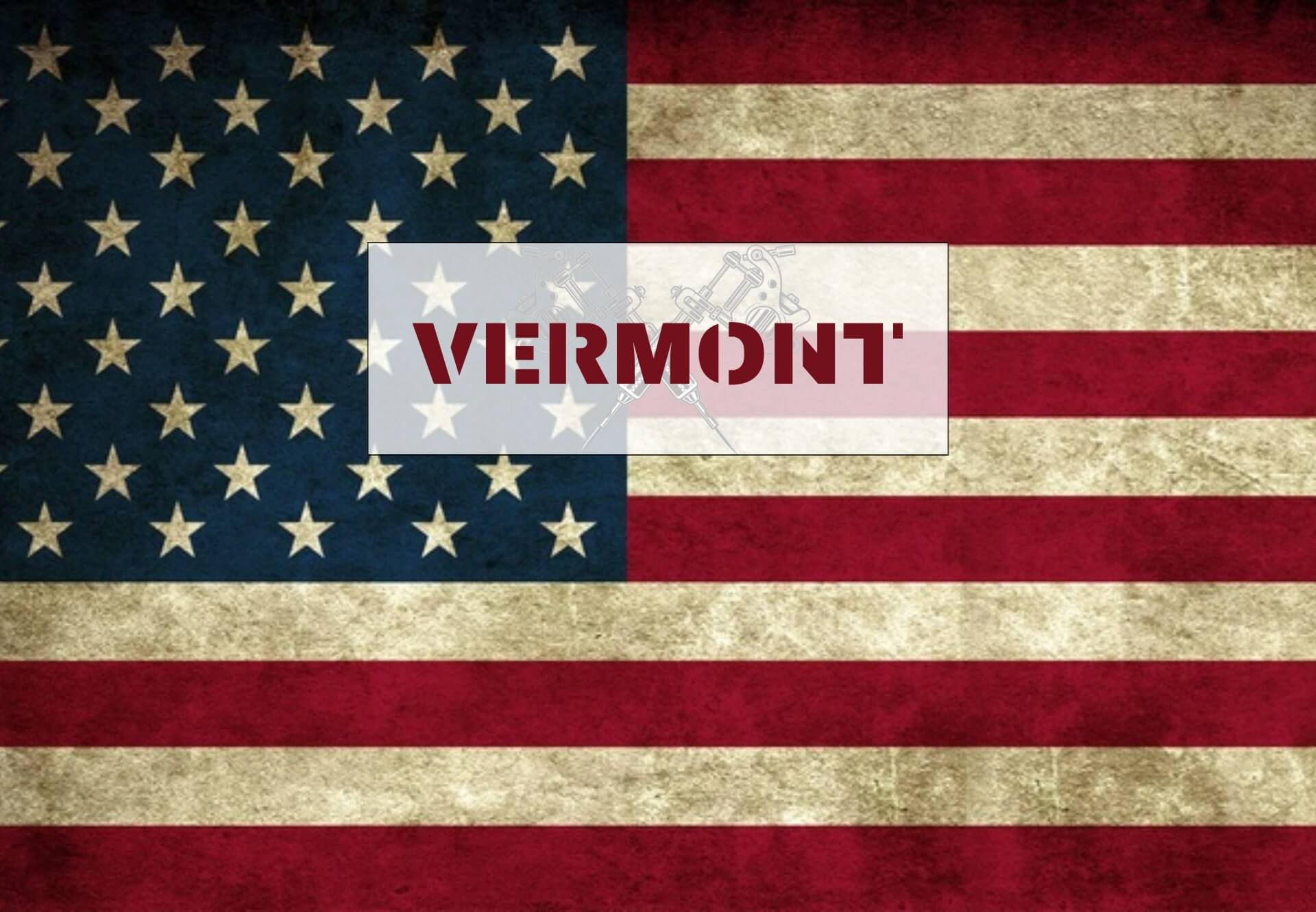The list of reasons why people love living or traveling to Vermont is quite lengthy.
In the summer, visitors can enjoy activities like hiking, swimming, fishing, and camping. The state is also home to a number of great festivals and fairs. And in the fall, the foliage is simply breathtaking.
But for tattoo enthusiasts, Vermont is a veritable paradise. The Green Mountain State, as it’s commonly known, has been overseeing a real boom in tattoo culture in recent years, with more talented artists setting up shop here than ever before.
With that said, it’s important to be aware of the state’s tattoo laws before heading to a shop or considering starting a career as an artist.
In this article, we look at the latest Vermont tattoo laws to make sure you’re on the right side of the law.
Vermont Tattoo Laws & Regulations
The fact that Vermont regulates the tattoo (body art) industry doesn’t make the state unique in any way – most US states do the same. Of course, there are exceptions to the rule (eg. Maryland or Nevada) but the norm is for tattooing to be overseen by some form of state authority, usually the health department.
Vermont has separate regulations in place for customers, as well as artists and studios.
Clients’ Laws
In most cases, the tattoo laws for customers relate to the minimum age requirement. In this sense, Vermont isn’t too different from other states – you must be at least 18 years old to get tattooed.
Thankfully for minors determined to get inked, however, there’s a possible exception to this rule – as long as you can provide written parental consent. The consent needs to be signed by a parent or guardian and must be notarized in order to be fully valid.
This makes Vermont one of the more lenient states in this area, as there are some states (like New York, for example) that don’t allow tattoos for minors even with parental consent. Others require the parent to sit through the entire tattoo process.
Currently, there are no laws that regulate the placement of tattoos in Vermont. This means that you’re free to get a tattoo anywhere on your body, submit to the approval of the artist, of course.
Artists’ Laws
It’s worth noting that in case the law is breached and a minor is tattooed without parental consent, it’s the artist – not the parent or the kid – who is held accountable and may face criminal charges.
For artists to legally work in Vermont, they must have a valid tattoo license. You can find the application form on the Vermont Department of Health website. The same can be said about tattoo studios – they must also obtain a valid body art establishment license from the health department.
The good news is that the application process for both licenses is relatively straightforward and not too costly.
Tattoo parlors and studios are the only premises in which tattooing is allowed by law. This means that Vermont doesn’t currently have any legal ‘mobile tattooists’ operating in the state. Performing the art in homes, hotels and other locations is strictly prohibited.
The Health Department has the authority to inspect all body art premises and make sure they’re complying with the law.
Both the artists and studios must follow all health and safety regulations set out by the Department of Health. These include using sterile needles, single-use ink pots, and disposable gloves.
As for the rights of those who perform the art, artists can refuse to tattoo anyone they please, for any reason. This is commonly known as the artist’s prerogative. Of course, exempted from this rule are cases where the refusal is based on discriminatory grounds, such as race or gender.
Common reasons behind an artist’s refusal can be a customer’s intoxication, unsuitability of the chosen design or placement, or simply the artist’s lack of time.
Frequently Asked Questions
We hope that this article helped clear up some of the confusion surrounding the tattoo laws in Vermont. If you still have questions, though, check out our FAQ section below.
Where are tattoos illegal?
So, Vermont is pretty relaxed but are tattoos illegal in some states? No, they’re not. All 50 states and the District of Columbia currently allow tattoos, although each one regulates them differently.
Where are tattoos not allowed?
Some workplaces have a “zero tattoo policy” which means you can’t have any visible tattoos while at work. The first profession that springs to mind is that of a flight attendant.
Can I get tattooed at 18?
Yes, all states, including Vermont, allow 18-year-olds to get inked.
Can a minor get tattooed in Vermont?
Yes, but only with the written and notarized consent of a parent or guardian.
Can I get a tattoo at 16 with parental consent in Vermont?
Yes, you’re good to go.
Can you get a tattoo at 14 in Vermont with parental consent?
While there is no clear regulation stating the minimum age for tattoos in Vermont, many artists will not tattoo anyone under the age of 16, regardless of parental consent.
How do I start tattooing? How do I become a tattoo artist in Vermont?
You’ll need to get a valid tattoo license from the Vermont Department of Health. The application form can be found on their website.
How much do tattoo artists make?
This varies greatly from artist to artist and depends on a number of factors, such as their experience, skill, and the demand for their work. That being said, a safe estimate would be anywhere from $50 to $200 per hour.
Which age is best for tattoos?
There is no definitive answer, and it really depends on the person. Some people are ready for ink at 18, while others wait until they’re older. Ultimately, it’s up to you.
Conclusion & References
To sum up, Vermont’s tattoo laws are fairly relaxed, but there are still some things you need to keep in mind. Artists and studios must be licensed by the state, and customers must be at least 18 years of age (minors can get inked with parental consent).
Tattoos are not allowed in any premises other than a tattoo studio, and mobile tattooists are not currently operating in the state.
The article you’ve just read is based on official sources, such as:



